Book Column
Auserlesen! No.3
“What on Earth shall I read?” Whether you’re an articulate German teacher or a German student with an appetite for books: anyone looking for suitable reading material is faced with this question. The right book should be exciting, well-written and interesting. But how do you navigate the literary forest? Auserlesen! helps by providing a varied selection!
Kids and fun
Hannah-Marie Heine/Katharina Vöhringer: Leni und die TrauerpfützenLeni is inconsolable: her dog has died! The basket’s empty now, no more Frieda lying on the sofa asking for a cuddle or wanting to play ball. This children’s book is amusing and lovingly planned despite the serious theme, telling and illustrating the story of how Leni gets through her grief in such an uplifting way that you can read it aloud even to very little ones without a worry. And you might want to curl up on the sofa yourself with it too and dab away a few tears … it’s perfect for a good cry!
Junge Welten
Daniel Höra: GedisstHigh-rise blocks, summer heat, nothing to do and boredom. But then an old woman is murdered, and the situation seems clear: it was Alex, who had just brought the shopping home for her … In his debut novel, Daniel Höra compellingly manages to follow the convoluted thought patterns of young people – and in doing so he cautiously arouses our sympathy towards losers and the kind of characters we are normally quick to avoid. A different kind of summer read, one that stays with you.
Deutsche Geschichte(n)
Anne Siegel: Frauen, Fische, Fjorde.In 1949, Iceland was suffering an acute shortage of women to get the work done – so the Icelandic consulate approached poverty-stricken post-war Germany in a bid to recruit female employees to the remote northern land by offering them a one-year contract. Hundreds of them jumped at the chance – and almost all have stayed permanently. Anne Siegel portrays this unusual German life choice in such a thrilling and refreshing way that it makes you want to learn more about them. And by redrawing the lines of what is seemingly “typically German” in each individual biography, she holds a mirror up to the reader at the same time – a truly seminal read!
Here and now – Germany today
Angelika Klüssendorf: Jahre späterIn Klüssendorf’s two previous award-winning novels we watched a girl named April grow up to become a mother and author – and now she’s getting married. A mistake? Before long the partnership – hardly entered with much conviction – fizzles out; even having a child together cannot save them from growing loneliness and a broken marriage. Or save the protagonist from herself. The fact that this slim volume exerts such a pull on the reader is down to the fascinating use of language, cleverly formulated to cushion the roller-coaster ride. A really good book!
Life paths
Michael Rutschky: In die neue Zeit.Aufzeichnungen 1988-1992 / Rutschky, einer der bekanntesten Autoren der Apo-Generation und Vordenker der intellektuellen Elite der Bundesrepublik, verlegte sich in seinem Alterswerk auf die akribisch genaue Beobachtung von Alltagsgeschehnissen, eigener Befindlichkeiten und Gedankengänge. In seinem zweiten – für mich von allen drei Bänden besten – Band nimmt er die Zeit der Wende ins Visier und lässt damit eine Zeitspanne wiederauferstehen, in der zwei Staaten wohl oder übel zusammenrücken und sich neu orientieren mussten. Zugleich zieht für den Endfünfziger eine handfeste Midlife-Krise herauf, der er einerseits mit Humor, andererseits mit Verärgerung begegnet. Aus diesem Spannungsfeld heraus zeichnet Rutschky das Bild einer im Umbruch befindlichen Gesellschaft und ihrer aktiv gestaltenden Mitglieder, deren Spuren heute noch nachwirken. Eine entspannt dahingleitende Lektüre für wechselhafte Maientage. / Rutschky, Michael: (2017): In die neue Zeit. Aufzeichnungen 1988-1992. Berlin: Berenberg Verlag.
High tension alert!
Max Annas: FinsterwaldeThere’s not much left of the beautiful town of Finsterwalde in Annas’ powerful thriller: not only has the new German government deported people with a different skin colour and no German passport, and depopulated sparsely inhabited areas entirely – some evacuated villages have even been repurposed into camps for Germans with a migration background. One of these is the East German village of Finsterwalde, in which thousands of Afro-Germans have been quartered and left to their own devices. But some of them find a way out – and help in the form of a new immigrant and his pals … Annas’ well-structured dystopia is a gripping read despite the sometimes over-economical use of language; I would so much like to have found out more about the – luckily only fictional – new Germany and its government. We can only hope that Annas’ fantasy never becomes reality, even the slightest hint!
Dear book column readers:
your book tip could be published here in the next edition!Have you read an interesting, exciting, informative or entertaining book in German that you’d like to recommend to others?
If so, email us at:
magazin-sprache@goethe.de
Subject: Auserlesen!
Tell us the name of the author, title of the book and most importantly what you like about the book.
If you’re lucky, you can win one of 5 signed books in our prize draw!
Auserlesen Nr. 3
- Heine, Hannah-Marie u. Vöhringer, Katharina: Leni und die Trauerpfützen (2017). Köln: Psychiatrie-Verlag.
- Höra, Daniel: Gedisst (2015). München: Ars Edition. You can find this title in our eLibrary
- Siegel, Anne: Frauen, Fische, Fjorde. Deutsche Einwanderinnen in Island (2019) München: Piper Verlag.
- Klüssendorf, Angelika (2018): Jahre später. Köln: Kiepenheuer & Witsch. You can find this title in our eLibrary
- Rutschky, Michael: (2017): In die neue Zeit. Aufzeichnungen 1988-1992. Berlin: Berenberg Verlag.
- Annas, Max (2018): Finsterwalde. Reinbek bei Hamburg: Rowohlt Verlag. You can find this title in our eLibrary
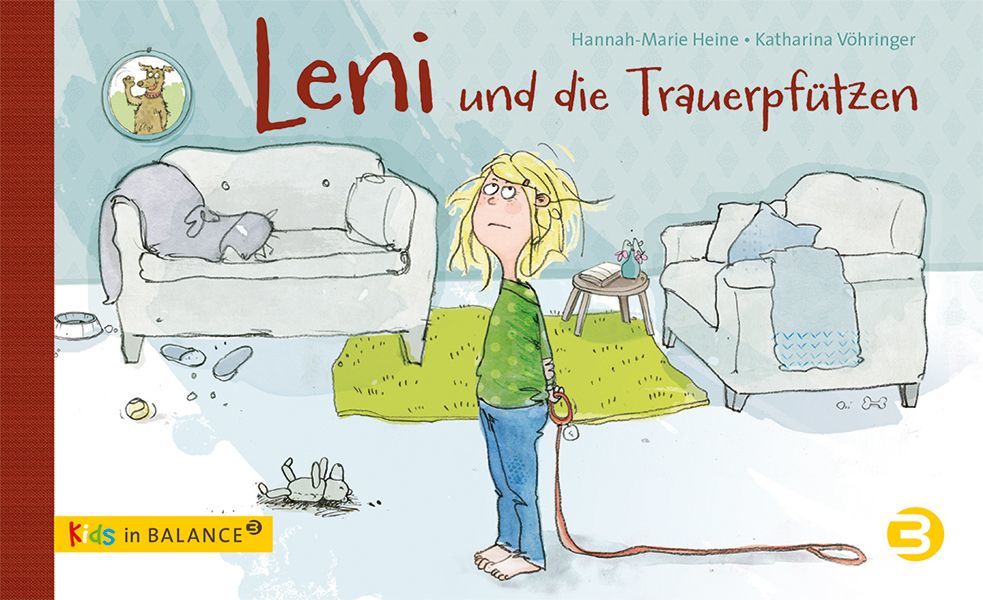
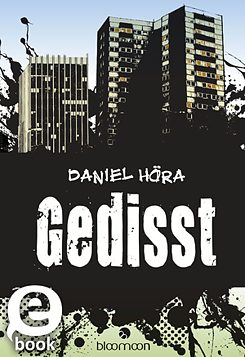
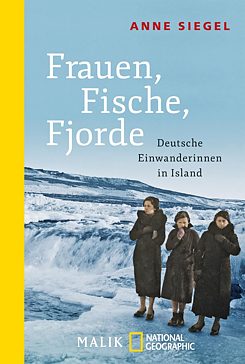
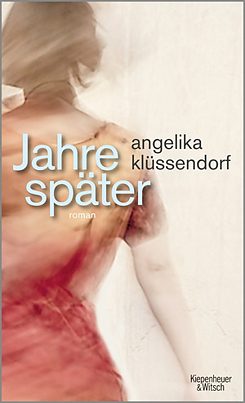
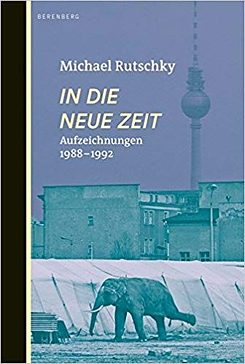


Comments
Comment